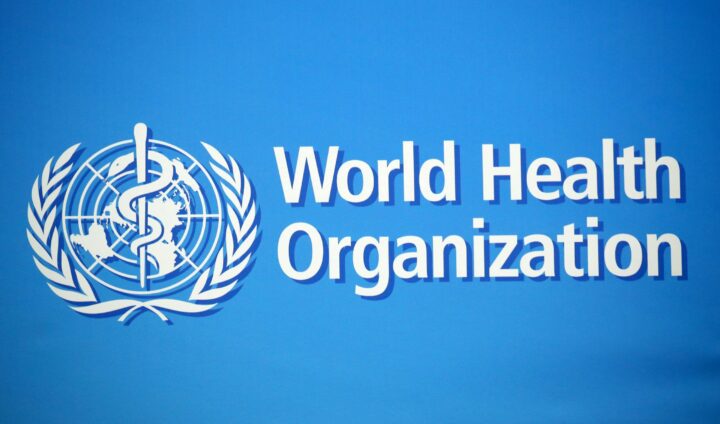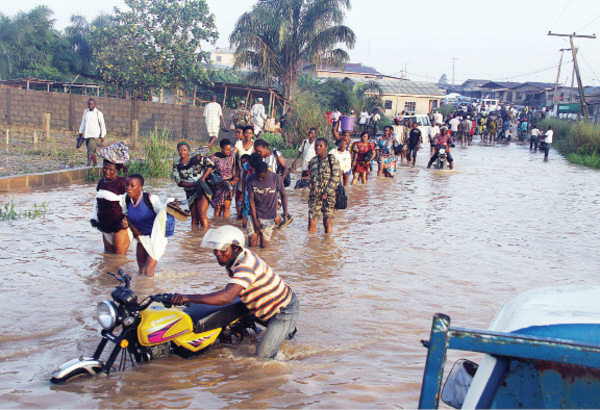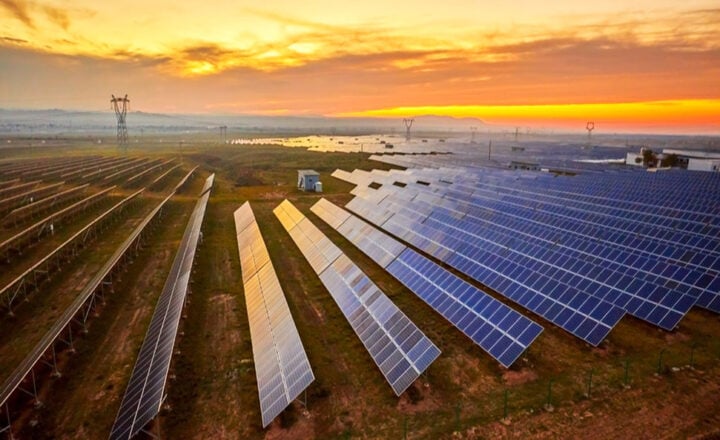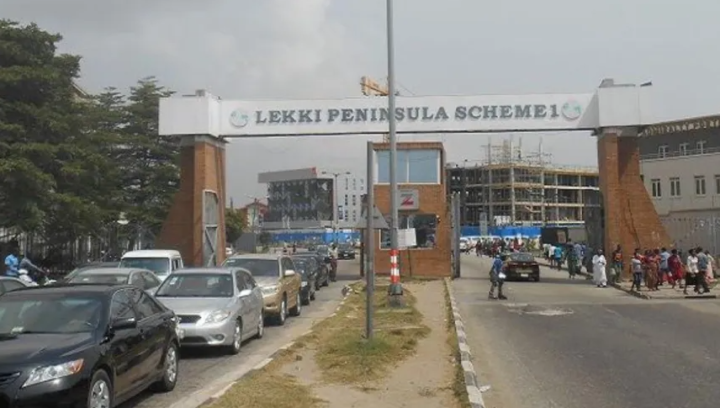FILE PHOTO: A logo is pictured at the World Health Organization (WHO) building in Geneva, Switzerland, February 2, 2020. Picture taken February 2, 2020. REUTERS/Denis Balibouse/File Photo
The World Health Organisation (WHO) says weak health systems in developing countries are a major threat to their capacity to cope with the effects of climate change.
According to a statement on Tuesday, Ishmael Nyasulu, the WHO representative, spoke at the regional summit on health and climate change for Africa, taking place in Lilongwe, the capital of Malawi.
Nyasulu said climate change is the single biggest threat facing humanity at the moment, noting that it has the potential to undermine decades of progress in global health.
“Having responded to multiple climate change health-related events, WHO is aware that without assistance to prepare and respond, weak health systems as is the case in most developing countries will be the least able to cope with effects of climate change on health,” he said.
Advertisement
He said the WHO intends to build on its strong involvement in climate and health globally, adding that the organisation is committed to supporting countries in implementing their pledges under the alliance for transformative action on climate and health (ATACH).
Khumbize Chiponda, Malawi’s health minister, said there is a need to recognise the intersectionality of issues arising from the effects of climate change, including the health sector.
She said African countries need to build strong collaborative efforts, create strong actions and build a strong united voice as the continent’s position, noting that the effects of climate change are interlinked in all sectors.
Advertisement
Also speaking, Eliya Zulu, executive director of the African Institute for Development Policy (AFIDEP), said it is necessary to finance health research, innovation and integrated approaches that would inform and establish the health nexus to the effects of climate change.
The statement added that the summit had delegates from African states and development partners, state and non-state actors (AFIDEP, Amref Health, Palladium, PACJA and the African Group of Negotiators), research institutions and UN agencies in attendance.
The meeting was organised to identify a common agenda and position for Africa for a sustained inclusion of health in the climate change narrative.
It was also to seek investments in responsiveness and building resilience for better management of the direct and indirect impact of climate change on health.
Advertisement
Add a comment






